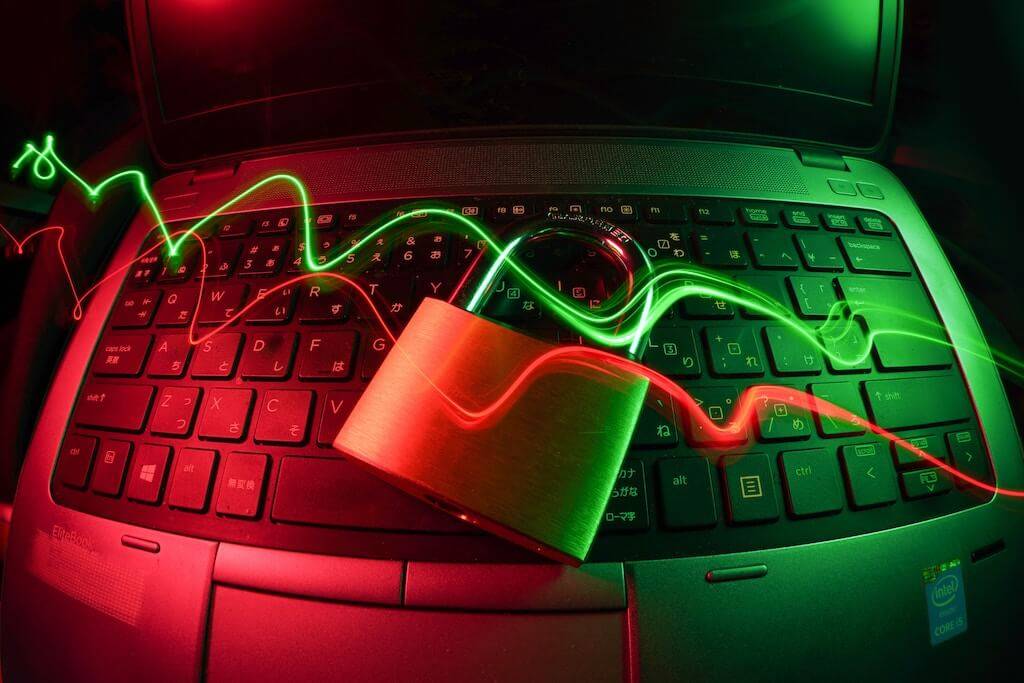Discover effective strategies to secure your property without an internet connection. Learn how to protect your home or business premises with practical insights and alternative solutions. Ensure the safety of your property even without internet connectivity.
Securing your property without an internet connection is a crucial consideration in this digital age. While the convenience of internet-connected security systems cannot be denied, they are not always reliable due to various technical limitations. Understanding the importance of maintaining safety measures even in the absence of an internet connection is essential for individuals and businesses alike. This article sheds light on the effective strategies and alternative solutions to ensure your property remains protected, irrespective of internet connectivity. Whether you are concerned about safeguarding your home or enhancing security for your business premises, this article equips you with practical insights into securing your property without relying on an internet connection.
Securing Your Property Without an Internet Connection
When it comes to securing your property, having a stable internet connection is often considered a prerequisite. However, there are situations where an internet connection may not be available or desired. In such cases, it is important to explore alternative options for securing your property. In this article, we will discuss a variety of strategies and technologies that can be utilized to ensure the safety and security of your property even without an internet connection.

Utilizing Standalone Security Cameras
One of the most basic but effective ways to secure your property without an internet connection is by utilizing standalone security cameras. These cameras operate independently and do not require an internet connection to function. They can be easily set up in strategic locations around your property to monitor and record any suspicious activities.
Standalone security cameras can be battery-powered or connected to a power source. They usually come with built-in storage or have the option to insert a memory card for storing the recorded footage. Some cameras even have motion detection capabilities, allowing them to start recording when they sense movement.
Choosing the Right Security Camera
When selecting a security camera for your property, it is crucial to choose the right one that suits your specific needs. There are several factors to consider, such as resolution, night vision capability, weatherproofing, and viewing angle.
A high-resolution camera with good night vision capability is essential to capture clear and detailed footage, even in low light conditions. Weatherproofing is important if you intend to install the camera outdoors, as it will protect the camera from harsh environmental conditions. Lastly, the viewing angle determines the coverage area of the camera, so it is important to choose a camera with a wide enough angle to cover the desired area effectively.

Enhancing Security with Motion Sensor Lights
Motion sensor lights are a cost-effective way to enhance the security of your property without the need for an internet connection. These lights are equipped with motion sensors that detect movement and automatically turn on when someone approaches. This not only alerts you to potential intruders but also illuminates the area, deterring criminals and making it easier to identify them.
Installing motion sensor lights around the perimeter of your property, near entry points, and in dark corners can significantly improve its security. Not only do they provide an additional layer of security, but they also offer convenience by providing automated lighting when needed.
Installing Outdoor Alarms
Outdoor alarms are another effective way to secure your property without relying on an internet connection. These alarms are typically loud and obtrusive, designed to scare away intruders and alert you and your neighbors of any unauthorized access.
Outdoor alarms can be triggered by various means, such as motion detection, door or window sensor activation, or even through manual activation with a panic button. Installing outdoor alarms at vulnerable areas, such as entry points and secluded corners, can greatly deter potential intruders and provide an additional level of protection for your property.

Implementing a Home Security System
While many home security systems rely on an internet connection for remote monitoring and access, there are options available that can be implemented without internet connectivity. These systems usually consist of a central control panel, sensors, and alarms.
The central control panel acts as the brain of the system, receiving signals from the sensors and triggering the alarms when necessary. The sensors can be placed on doors, windows, and other areas of your property that you want to monitor for potential intrusion. When a sensor is triggered, the control panel activates the alarms to deter intruders and alert you and your neighbors.
Utilizing Dummy Cameras
Dummy cameras, also known as fake security cameras, are non-functional cameras designed to resemble real security cameras. While they do not provide actual surveillance footage, they can be used as a deterrent against potential intruders.
Dummy cameras are inexpensive and easy to install, making them a popular choice for those looking to enhance the security of their property without an internet connection. They can be placed in highly visible areas to give the illusion that the premises are being monitored, often discouraging criminal activity.
Optimizing Physical Barriers
Physical barriers are an essential part of any security system, even without an internet connection. Fences, gates, and walls can effectively prevent unauthorized access to your property and act as a deterrent for potential intruders.
It is important to ensure that your physical barriers are of sufficient height and durability to deter intruders effectively. Installing sturdy gates with locks, adding spikes or anti-climbing measures to walls or fences, and using durable materials for construction are some ways to optimize the efficiency of physical barriers.
Securing Entry Points with Smart Locks
Securing your entry points is crucial when it comes to protecting your property. In the absence of an internet connection, one option to consider is the implementation of smart locks. These locks provide keyless entry and can be controlled using a smartphone or a key fob.
Smart locks can be programmed to grant access to specific individuals for a limited time or be remotely controlled in case of emergencies. They can also provide activity logs to track who enters and exits your property. By utilizing smart locks, you can enhance the security of your property without relying on an internet connection.
Investing in Window Security Measures
Windows are often considered vulnerable entry points for intruders. Therefore, investing in window security measures is essential in securing your property without an internet connection. Various options are available, such as window alarms, laminated or reinforced glass, window bars, and window security film.
Window alarms, similar to door alarms, can be installed to detect any unauthorized access and trigger an audible alert. Laminated or reinforced glass adds an extra layer of protection to your windows, making them highly resistant to break-ins. Window bars provide a physical barrier against forced entry, while window security film strengthens the glass and prevents shattering upon impact.
Utilizing Self-Monitoring Systems
In the absence of an internet connection, self-monitoring systems can be a viable option for ensuring the security of your property. These systems, similar to traditional security systems, consist of sensors, alarms, and control panels.
Self-monitoring systems typically rely on phone lines or cellular networks for communication instead of an internet connection. When a sensor is triggered, the system activates the alarms and calls pre-programmed phone numbers to notify you and others of a potential intrusion. While these systems do not provide remote access or monitoring, they can still effectively protect your property without internet connectivity.
In conclusion, securing your property without an internet connection is indeed possible. By utilizing standalone security cameras, motion sensor lights, outdoor alarms, and other strategies discussed in this article, you can enhance the security of your property and ensure its protection even in the absence of an internet connection. Remember to carefully consider your specific needs and choose the right combination of security measures to suit your property and provide you with peace of mind.


